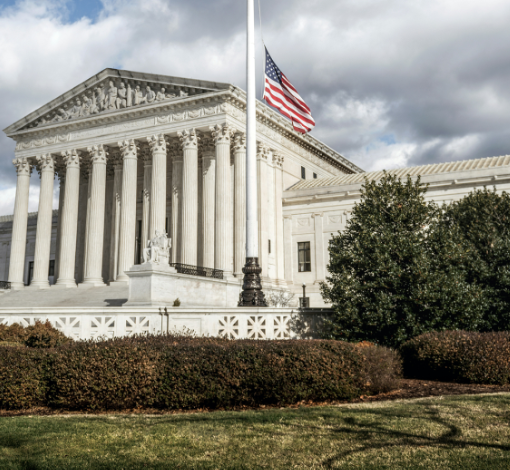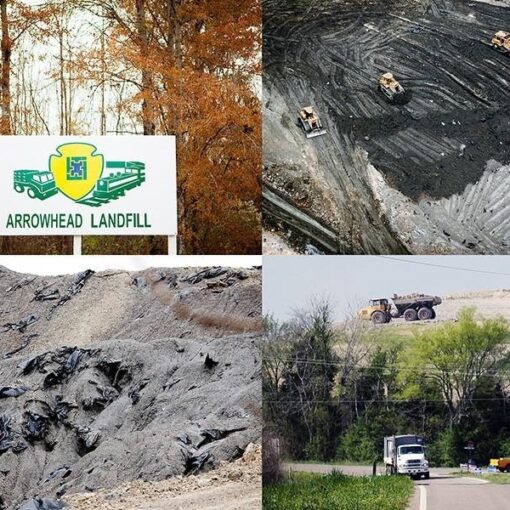It is becoming increasingly more apparent that climate change is no longer an issue for future generations, but is an issue affecting people today. The rise in global temperatures is contributing to environmental changes that are creating risks to human health, including heat-related illness, exacerbation of cardiac and respiratory conditions from poor air quality, damage to communities and homes from flooding, and mental illness and stress-related conditions from extreme weather events. Nurses have the opportunity to act and engage in advocating for a health sector that is prepared to respond to climate risks and for state and federal policy that aims to reduce greenhouse gas emissions and transition to clean energy.
However, over the past year and a half there have been many attacks from the Trump Administration on policy that helps to address climate change. From withdrawing from the Paris Agreement to loosening standards for the fossil fuel industry, the Trump Administration is moving the United States backwards on climate solutions. Yet, civil society, the business sector, the health sector, and state and local governments are still moving forward in pushing for strong climate policy. This is a prime opportunity for nurses to make their voices heard on key issues that impact public health.
Climate & Clean Energy Advocacy
Ultimately, in order to best protect public health and reduce greenhouse gas emissions, the United States must transition away from fossil fuels to clean energy sources. Burning fossil fuels (e.g. oil, coal, and natural gas) for energy releases carbon, which drives climate change, as well as other dangerous pollutants that contribute to significant health concerns, especially for workers and local communities. There are considerable health and climate benefits to transitioning to 100% clean energy, such as wind and solar. Supporting clean energy initiatives at both a local and state level will help move us towards our clean energy goals.
Advocating for Federal Climate Action
At a federal level, there are specific regulations that nurses can support to promote cleaner forms of energy and move climate action forward, with the ultimate goal of a clean energy future for all. These include advocating for strong greenhouse gas emissions standards such as those outlined under the Clean Power Plan, the EPA methane rule, and fuel efficiency standards on light-duty cars. Each of these standards help to reduce emissions that drive climate change and clean up our air. Unfortunately, these regulations are all currently being threatened under the Trump Administration.
To help nurses learn more about these policy issues and how they can advocate for clean energy and climate solutions the Alliance of Nurses for Healthy Environments, in partnership with Climate for Health, has pulled together an advocacy factsheet that provides background information on these regulations, emphasizes why these are important for health, and identifies specific actions nurses can take to advocate for sound climate and clean energy policy. In addition, learn more about how climate change and our energy choices impact health and what nurses can do by checking out these resources: Climate and Health Toolkit for nurses, Climate for Health for resources and guidance for health professionals, and Getting Started with Solutions: A Guide for Nurses.
ANHE & CfH CE_Advocacy Factsheet w: hyperlinks



